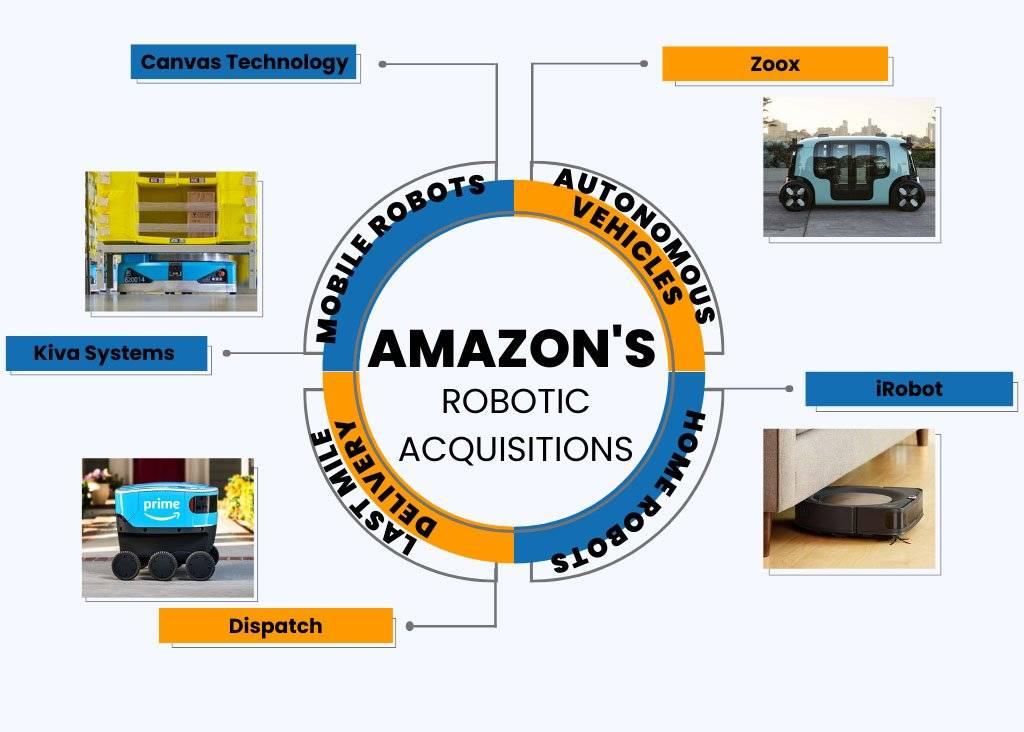In the intricate web of commerce, the backbone of any successful business lies in its ability to effectively manage the costs associated with the movement of goods. From the bustling warehouses to the bustling highways, the world of cost accounting in logistics, transport, and shipping is a labyrinth of calculations and strategies that can make or break a company’s bottom line. Join us as we delve into the fascinating world of cost accounting in this crucial sector, where numbers shape the future of global trade.
Challenges in Cost Accounting for Logistics
One of the major is accurately determining the various expenses involved in transporting goods from one location to another. This includes not only the direct costs such as fuel and maintenance for vehicles, but also the indirect costs such as warehousing, packaging, and insurance. Without a comprehensive understanding of all these costs, businesses may struggle to accurately price their services and remain competitive in the market.
Another challenge in cost accounting for logistics is the complexity of managing and tracking costs across multiple transportation modes and routes. With a global supply chain, businesses often have to deal with a variety of carriers, shippers, and customs regulations, each with their own unique cost structures. This can make it difficult to accurately allocate costs to specific shipments and accurately assess the profitability of each transportation channel. Utilizing advanced cost accounting methods and software systems can help businesses overcome these challenges and ensure accurate cost tracking and analysis.

Effective Strategies for Optimizing Transport Costs
One effective strategy for optimizing transport costs is to consolidate shipments whenever possible. By combining multiple smaller shipments into one larger shipment, companies can take advantage of economies of scale and reduce per-unit transportation costs. This can also help to minimize empty space in trucks or containers, maximizing efficiency and reducing overall shipping expenses.
Another key strategy is to leverage technology to improve route planning and transportation management. Utilizing transportation management systems (TMS) can help companies to optimize delivery routes, reduce fuel consumption, and minimize idle time. Real-time tracking and analytics can also provide valuable insights into transportation operations, allowing for adjustments to be made quickly to enhance efficiency and cost-effectiveness.

Key Considerations for Streamlining Shipping Expenses
When looking to streamline shipping expenses, there are several key considerations that can greatly impact your overall cost accounting logistics strategy. By focusing on these important factors, you can optimize your transport and shipping processes to maximize efficiency and reduce unnecessary expenditures.
One important consideration is negotiating contracts with your shipping providers. By working closely with your carriers to negotiate favorable rates and terms, you can potentially save a significant amount of money on shipping costs. Additionally, utilizing data analytics to track and analyze your shipping expenses can provide valuable insights into areas where costs can be cut or efficiencies can be improved. By leveraging this data, you can make informed decisions to streamline your shipping expenses and optimize your overall logistics operations.

Innovative Solutions for Managing Logistics Budgets
When it comes to managing logistics budgets, it is crucial to think outside the box and explore innovative solutions. One effective strategy is to implement cost accounting practices that can help track expenses and identify areas where savings can be made. By analyzing data and trends, companies can make informed decisions about their logistics operations and optimize their budget allocation.
Another approach is to leverage technology to streamline processes and improve efficiency. Utilizing transport management systems can help track shipments in real-time, optimize routes, and reduce transport costs. Additionally, exploring alternative shipping methods such as intermodal transportation or collaborative shipping arrangements can also lead to significant savings. By adopting these innovative solutions, companies can effectively manage their logistics budgets and stay competitive in today’s fast-paced business environment.
Future Outlook
In conclusion, cost accounting plays a crucial role in the logistics, transport, and shipping industries by providing valuable insights into the financial aspects of operations. By closely monitoring expenses and analyzing data, businesses can make informed decisions to optimize their supply chain and improve overall efficiency. Understanding the costs associated with transportation and shipping is paramount to staying competitive in today’s fast-paced market. By implementing effective cost accounting strategies, companies can streamline their processes, increase profitability, and ultimately, achieve success in the ever-evolving world of logistics.
